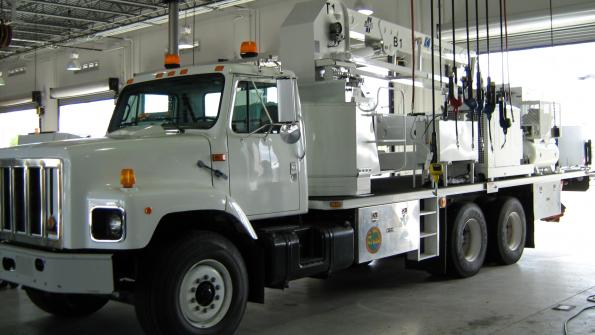Fueling asset savings
New data on longevity, technology and alternative fuels paves the way for improved fleet management.
One way to lower the cost of providing services is to assess how equipment assets are managed. A good place to start is by regularly revising the total cost of vehicle operation (TCO), which ranges from the initial purchase cost to the fuel used. Douglas Weichman, director of fleet management in Palm Beach County, Fla., stresses that TCO fleet formulas should be revised now because many disparate vehicle factors are starting to intersect. Those factors...





















Being a buyer for one of the
Being a buyer for one of the largest fleets in the U.S., this article is either right on or way off, depending on how you look at it. When weight is an issue, engine size matters greatly. You can either say everyone is looking to downsize class 8 engines from the 11.9 liter (which is due to weight and cost) or you can say they are looking to upsize from the 9 liter to the new 10.9 liter (due to performance and durability). In our point of view, the trend is certainly natural gas as we see more private and commercial infrastructure being developed across the U.S.
I agree, engine size matters
I agree, engine size matters in this equation.
NOT being a buyer for a large (or small) fleet, my first thought was, “Won’t weight be an issue if you add natural gas or propane tanks onto these trucks?” Perhaps you’ve considered that issue and are able to enlighten me…
I don’t understand why any fleet would run on CNG instead of LPG, even if CNG fueling infrastructure is already in place and available at no cost to the fleet. CNG tanks are heavier than propane and have a lower capacity. Not to mention the initial conversion cost is significantly higher for CNG conversions than it is for propane conversions.